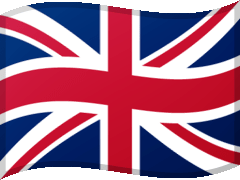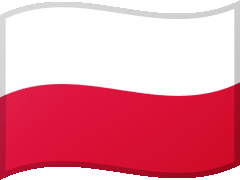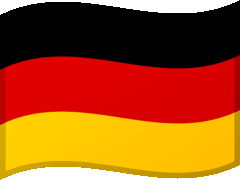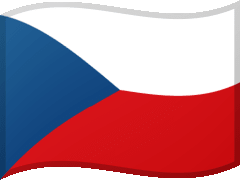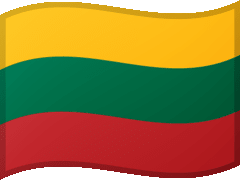At the end of 1989, reformers in the Bulgarian Communist Party ousted the dictator Todor Zhivkov and initiated a reform of the political system, hoping that this would allow them to stay in power. The restricted liberalisation created conditions for the dynamic development of previously weak opposition circles. Given the mass anti-government sentiment, the authorities decided to meet representatives of the opposition at the Round Table. The negotiations, held from January to May 1990, determined the direction of further change.
The resulting agreement provided, among other things, for the democratisation of political life and the holding of free elections to parliament and the Grand National Assembly, which was to adopt a new constitution. At the same time, it allowed the members of the former Communist party to maintain their political positions and avoid responsibility. Although at the beginning of 1990, Zhivkov was arrested on charges including abuse of power, he was not punished at any later time. Post-communists won the elections held on 10-17 June 1990.
Bulgaria was the only country in Central and Eastern Europe which combined the first democratic elections with the issue of preparation of a new constitution. Passed already in the year 1991, it laid the foundations for the further development of democracy and departure from communism. In the middle of 1990, the parliament appointed Zhelyu Zhelev, the leader of the Round Table opposition party, as president. In 1990 Bulgaria established diplomatic relations with NATO and cooperation with the EU. At the end of the same year, the parliament issued a resolution expressing its willingness to join the EU in the future.
